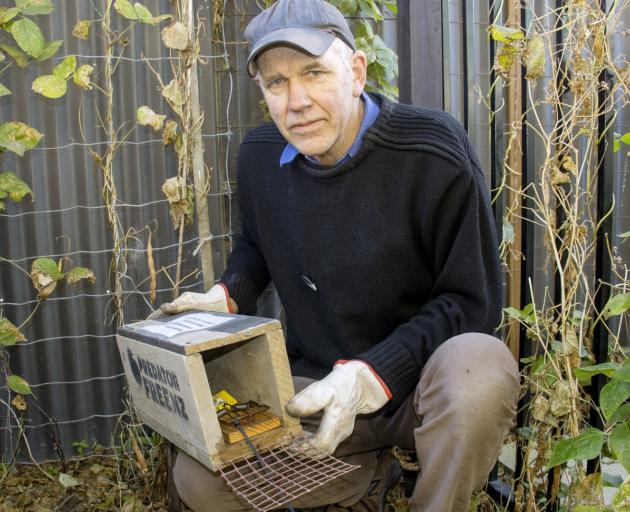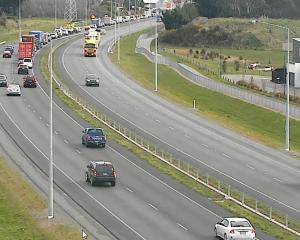Predator Free Eastside has been spreading the word at the Saturday market about the damage caused by pests, such as rats and mice.
For a donation to cover the costs, you can take home a humane tunnel trap to do your bit to protect the environment.
Predator Free Eastside organiser Lee Osborn said there has been a lot of interest from the public, with a number of people taking traps home.
"Our aim is to have backyard traps in ... backyards over the whole country. Because the more people who have traps, the more of these rats, mice and hedgehogs will be eliminated and our wildlife will have a better chance."
The group is also promoting the use of humane trapping methods.
"That's really important because we don't want to hurt anything, we don't want them to suffer, but we don't want them here because they don't belong in this country."
Once the trap has caught a pest, the carcass can be either buried or put into a plastic bag and placed in the rubbish bin.

The former biosecurity inspector said rats are good climbers and can attack bird nests.
"Rats and mice. You wouldn't believe how many, they're everywhere.
"It's nothing to be embarrassed about saying you've got them in your garden because most people have whether they know it or not."
In 2016, the government announced an ambitious target of making New Zealand predator-free by 2050.
"Our poor old native species, you know, fantails, bellbirds, waxeyes, their breeding rate is really slow in comparison to these introduced predators, which shouldn't even be in the country, and they just breed so quickly the poor old local guys haven't got a chance really."
Osborn said since she started trapping, she has heard more birds singing in her neighbourhood.
She is hoping a greater uptake of traps will see native birds flourish, allowing more people to enjoy their songs.
For more information, go to predatorfreenz.org.
- By Geoff Sloan, made with the support of NZ On Air













